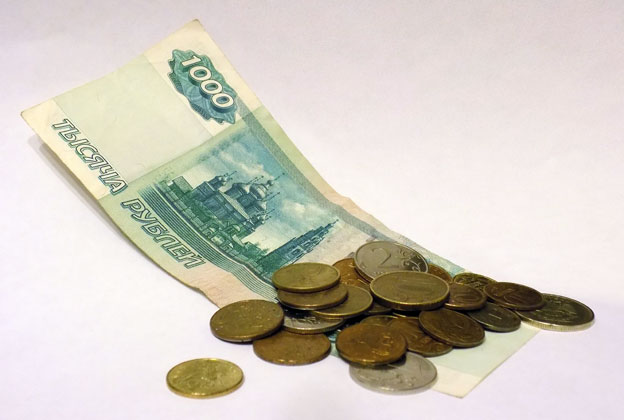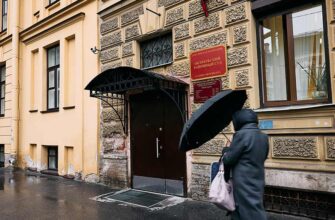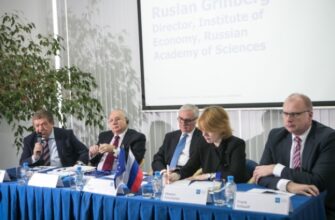In late November 2016, the Russian government began to talk about the fact that decline in incomes of Russians ended, finally. In particular, it was stated by First Deputy Prime Minister Igor Shuvalov at the business forum “Russia – Singapore”. The same opinion is shared by Alexey Vedev, Deputy Minister of Economic Development of the Russian Federation. Slight increase in revenues have even noted in the financial sphere and operations with real estate, agriculture and industrial sectors. The authorities are optimistic and expect that in 2017 the real disposable incomes of the population will grow by 0.2-1.2%, and salaries – by 0.4-1.7%. Another sign of improvement in the economic situation in the country are the latest data on sales of new cars in Russia. According to the AEB, in November 2016, they rose in annual terms by 0.6%. The last time a positive trend on this market was recorded in December 2014, and almost continuous fall lasted from March 2013.
These signs provide hope to fix quite sad situation, which is observed in the economy in recent years. Thus, according to Rosstat, the real incomes of Russians are falling for two years in a row – since November, 2014. In 2015 this decline was 4.3% in annual terms, and for the first 10 months of 2016 – 5.3%. At the same time, in August 2016 a record drop in revenue was over the last 8 years – 8.2%. Below it was only in the crisis November 2008 – 10.7%. In January-October 2016 the average nominal salary of Russians increased in annual terms by 7.9% to 35’770 rubles, but inflation leveled this growth to 0.5%. Nevertheless it should be noted that in a case with real wages in 2016, the situation has clearly become better – in 2015 it dropped by 9% in annual terms. All these data is confirmed by consumer sentiment of Russians. So, according to Rosstat, the consumer confidence index of the population in the third quarter amounted to -19. This result is better indicators of 2015, but is still very low. Such pessimistic moods are held among Russians for two years. Prior to that, such long period was recorded in the late 90’s and early 00-ies.
In spite of the still not very favorable economic situation in the country, the citizens of Russia seems to have adapted to the new realities, and crisis began to lose its urgency and importance in the public consciousness. Thus, according to the Institute of Sociology Russian Academy of Sciences, in October 2016 the share of those who perceive the situation in the country as tense and the crisis has decreased from 64-65% to 56%, and the proportion of positive-minded Russians increased from 18% to 29% that practically corresponds to the pre-crisis period (31-33%). Another sign of adaptation to the current economic situation is the fact that this year the Russians are willing to spend 2% more than last year on New Year holidays (an average of 16’900 rubles). It also reduces the proportion of pessimists about the economic situation in the country in 2017. If those were 66% in 2015, but now their number has decreased to 41%, which is similar to average indicator in the EU countries.
Difficulties in the economy are not too shaken confidence of Russians to the authorities – they are continue to believe and support it for the most part. At the same time, this allegation mainly refers to the senior management of the country. Thus, the Russian president is trusted by 67% of Russians (in October 2014 – 78%), the Government of the Russian Federation – 40% (56%), management of regions and republics – 31% (48%), the Federation Council – 23% (34%), State Duma – 22% (32%).
Rosstat, Institute for social policy, Institute of sociology of the Russian Academy of Sciences, Deloitte





